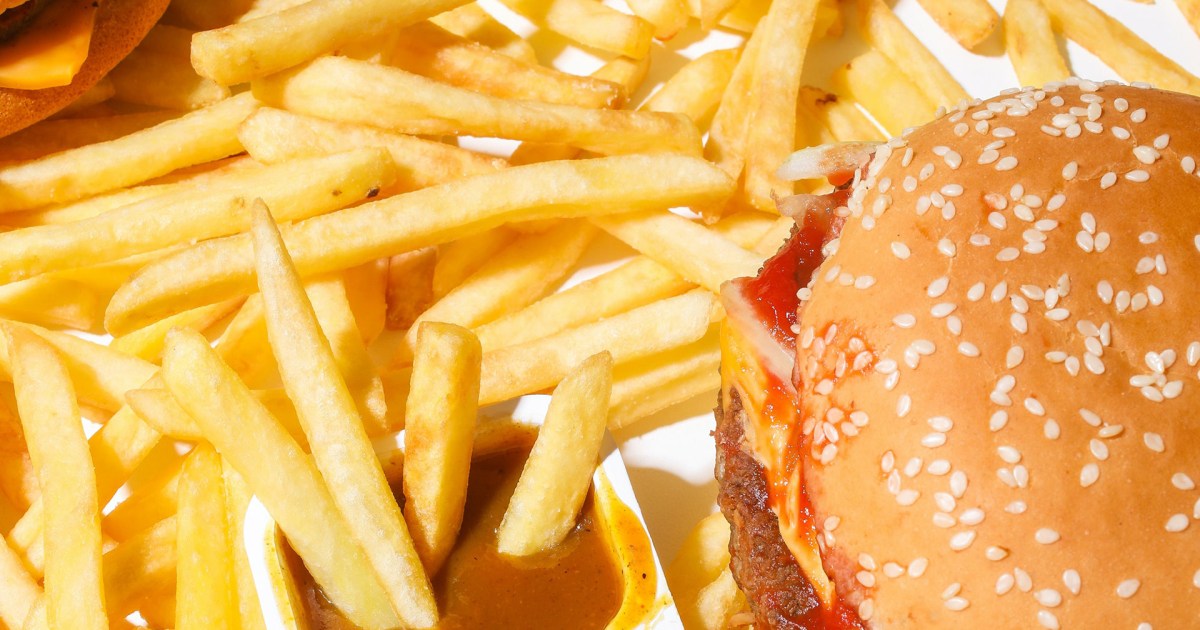What is the reason why our brains are unable to refrain, but rather rush to push us to devour french fries and burger sandwiches that dripping in fat, despite our full knowledge that they are harmful to our health?
The answer is here ...
In a report published in the Spanish newspaper Confedencial, writer Ada Nuño says that there are several reasons for this, including:
1- For our ancient ancestors, sugar, salt and fats were necessary foods for survival, and that is why humans developed a desire to eat these things.
But since these foods were not available in abundance at those times, our ancestors did not need the determination of steel or a dietitian to rationalize their consumption.
2- Behind the eyes is the prefrontal cortex, which is the cerebral region that focuses on mental analysis and decision-making processes, and in this region many neurons respond to various sensations, and for some reason these cells adore sugar, and for this they always agree with any idea related to eating sweeteners Juices and cakes.
And it is not only active when eating, but even just planning for it.
3- Our genetics greatly influence how we choose which dish to eat, and some people are more inclined to choose unhealthy foods.
4- Today, there is a new factor that greatly affects social networks. Some choose a dish that is beautifully shaped or looks delicious enough to attract attention when it is photographed and published on the Internet.
The author believes that we can deceive our brains, based on the fact that neurons are not only activated when eating, but even when planning to eat.
The writer says, "Imagine that you are standing in the shopping center holding two boxes of soup in your hand, the first written on it (nutritious and delicious) and the second written on it" vegetable soup. "In this case, your view of each box will be different, even though they contain the same thing, and nerve cells will be activated. The first soup will look better and tastier to you than the second. "
This trick always happens to us, for example when it is said that one type of cheese is tastier than another just because it was produced on an old farm, then our nerve cells intervene and make a decision.
So in the future, we may be able to study and understand what is happening in our brains so that we can design the right food for us and train our neurons to reduce their interest in posters and banners that promise us pleasure and pleasure and increase interest in nutritional benefits, which means making wiser food decisions.

